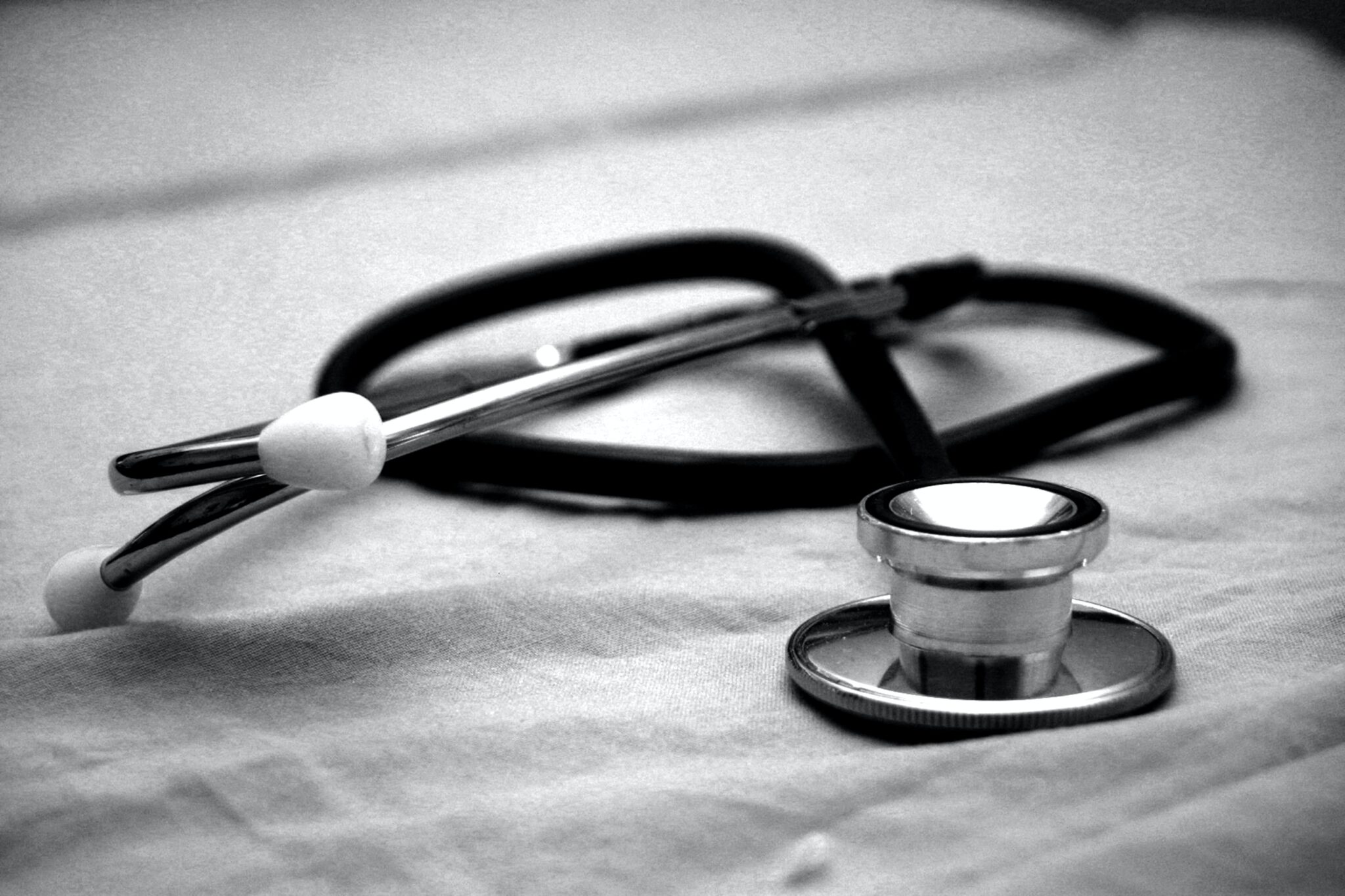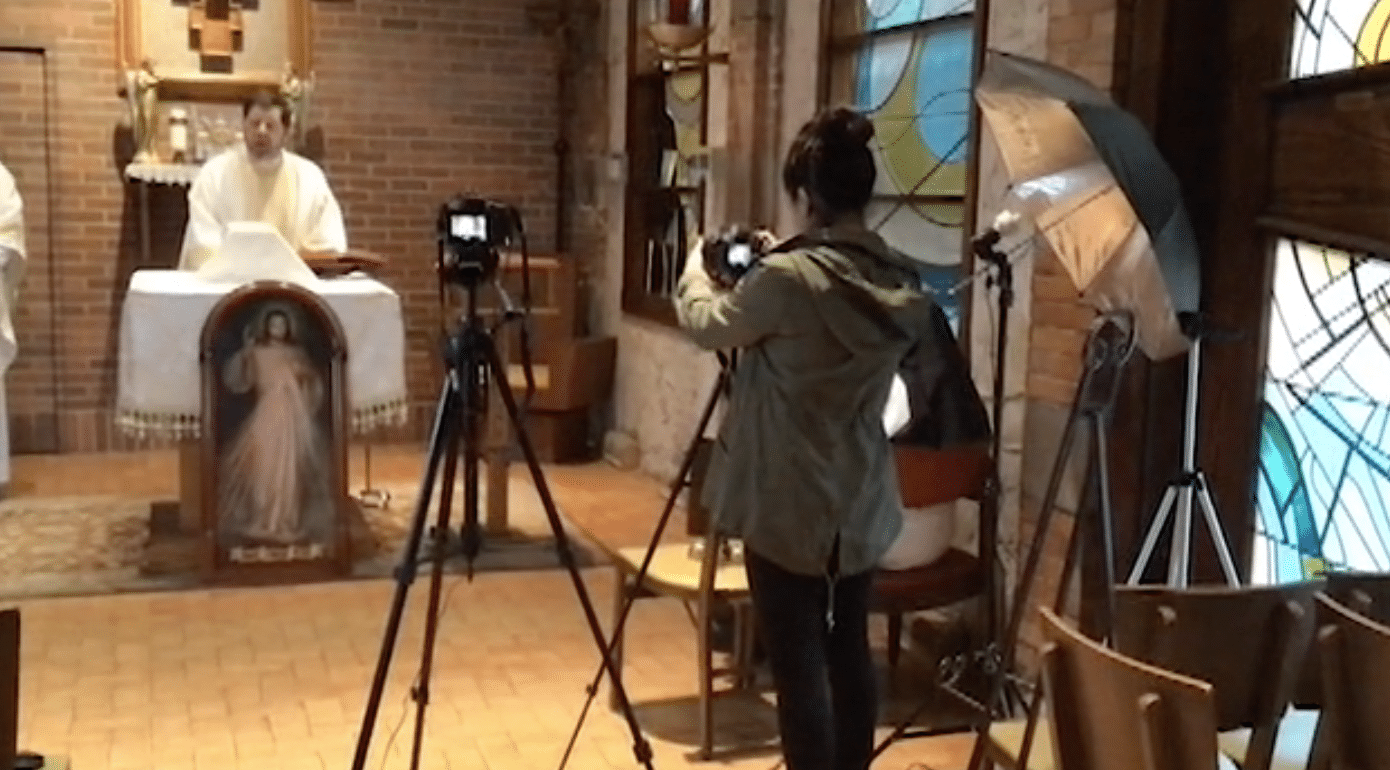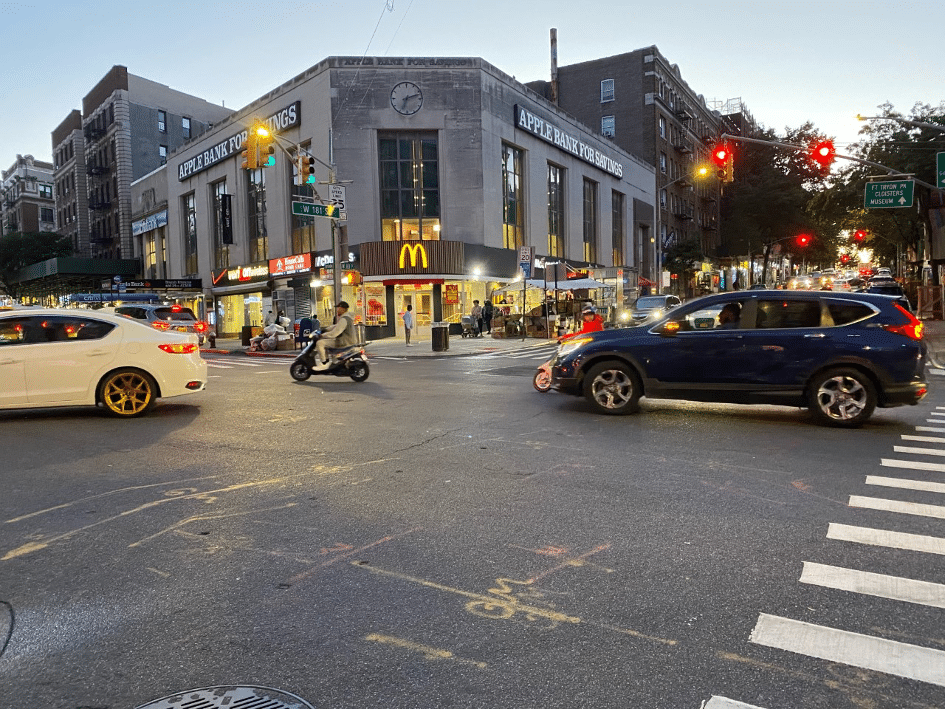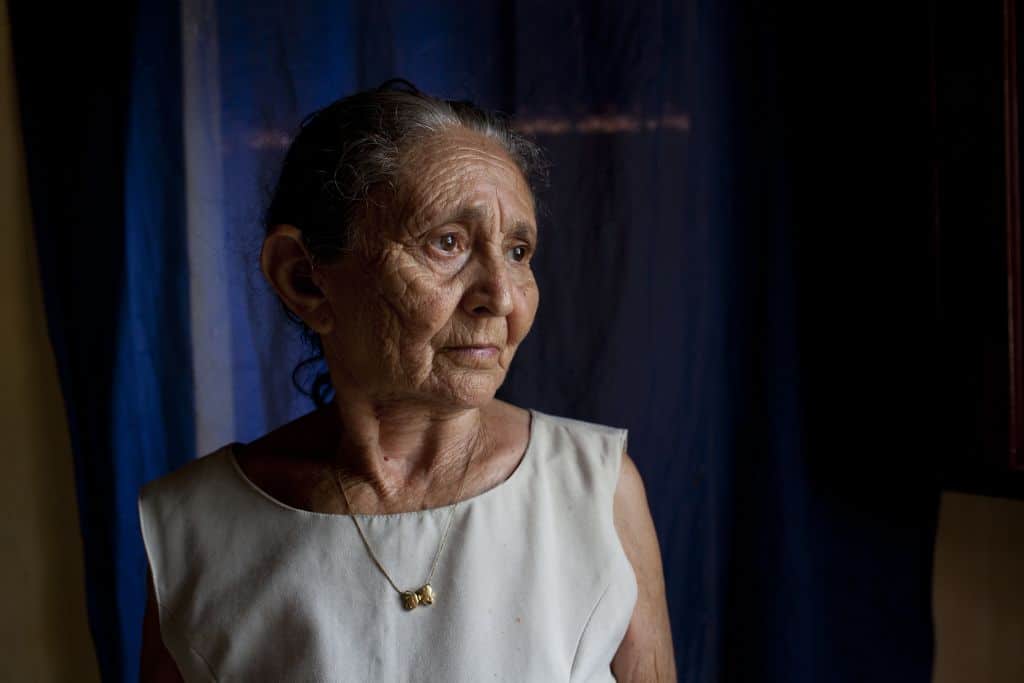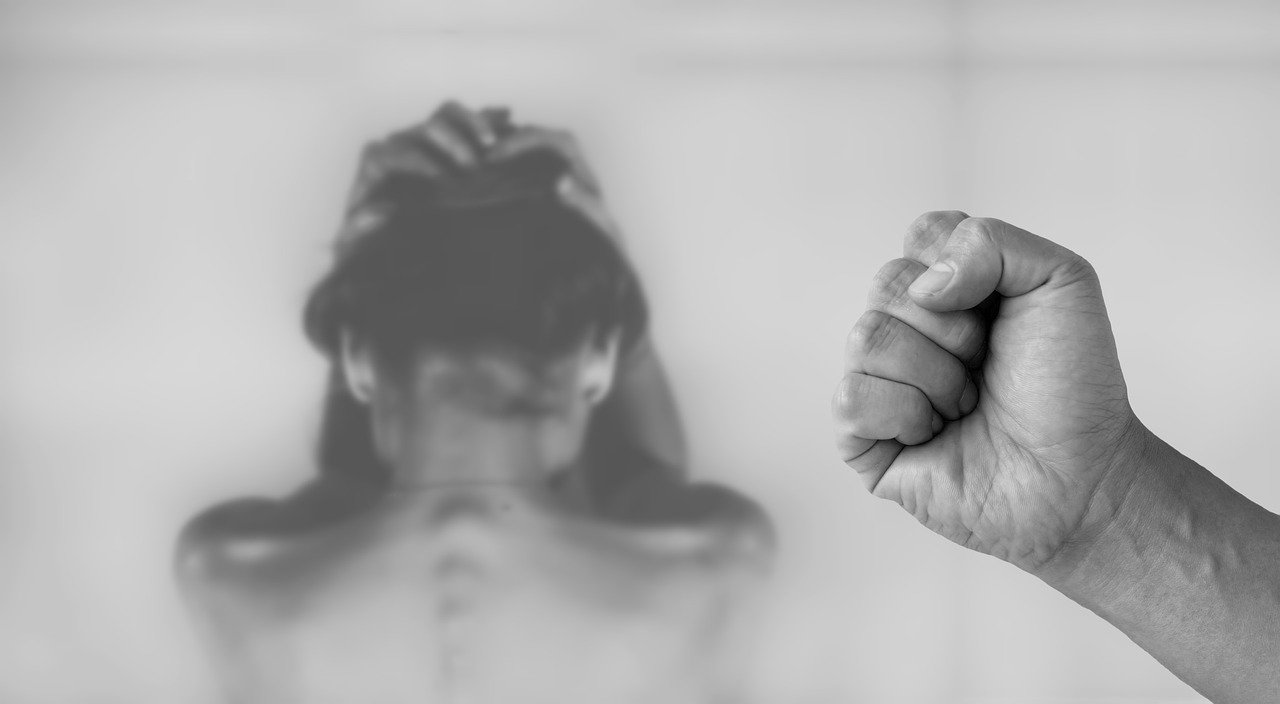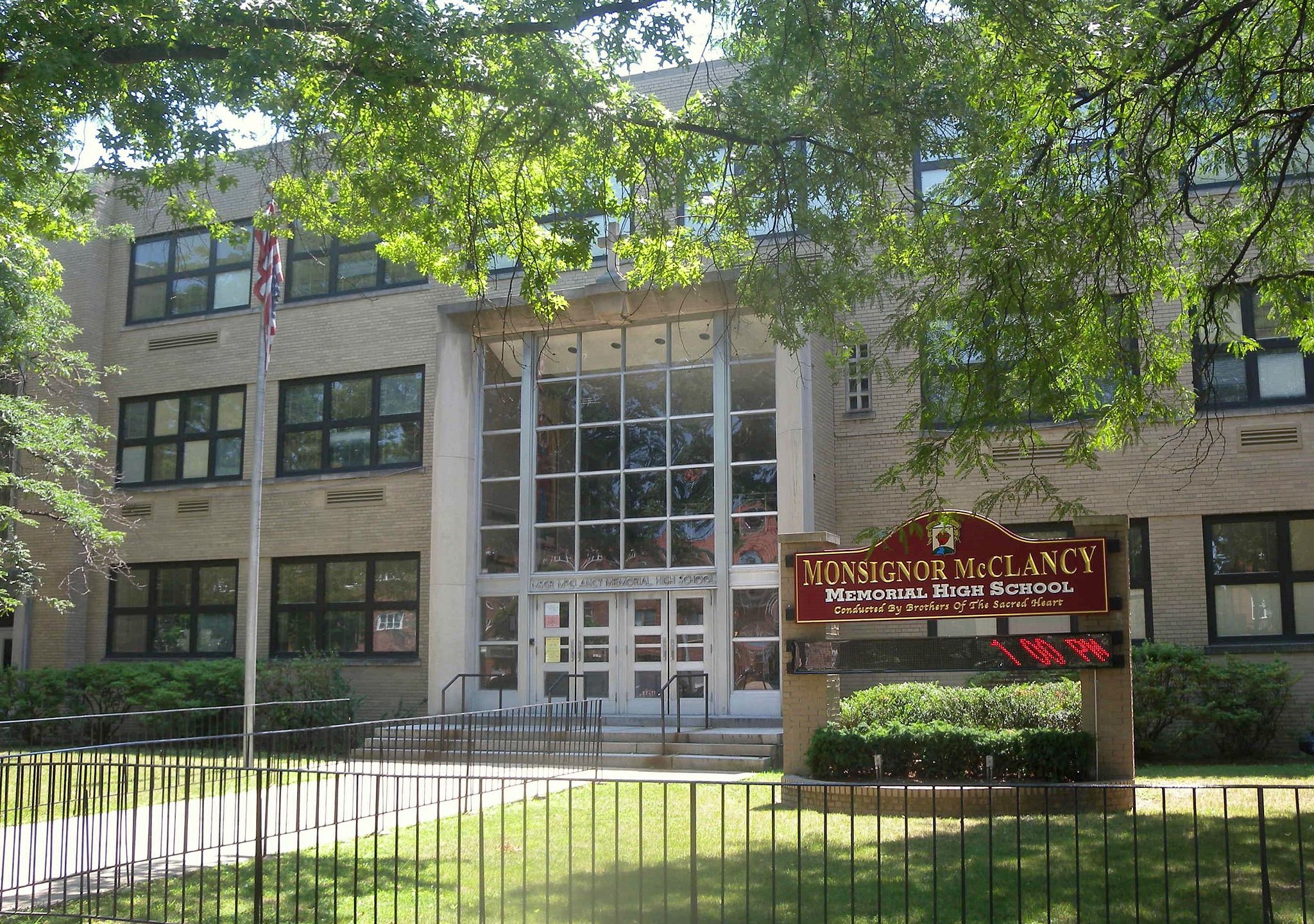Medical professionals in NYC have been on the front lines, risking their own health daily, for more than 9 months. Photo by Hush Naidoo on Unsplash
CORONAVIRUS DIARIES: A SERIES
In November 2020, students in a section of an Introduction to Journalism course at City College interviewed family members about how their lives changed during the pandemic. Dennisse Carla Gejon is Daniel Ignacio’s sister.
Dennisse Carla Gejon had been working as a registered nurse in New York City for six and half years—and then COVID-19 hit. That meant both her life and work, specializing in pediatric cases at New York Presbyterian Weill Cornell Hospital, shifted dramatically.
Nine months into the pandemic and Gejon, 31, and her hospital continue to treat patients with the coronavirus while taking every precaution to protect the hospital staff.

Here, she spoke about her experience in the eye of the COVID storm.
Daniel Ignacio: How many COVID cases has your hospital treated? How many of those cases were children, and were any of them your patients?
Dennisse Carla Gejon: I don’t know the exact number, but it was thousands. I remember just having one positive 8-year-old that came to us. I was the helper nurse that night, and I pretty much had to take care of that child with his nurse the whole night. Then a couple weeks after, our unit had to transfer all of our pediatric patients to NYP Columbia and transition our unit as an adult COVID intensive care unit. And I probably took care of about 30 or more COVID patients myself.
Daniel: Have you ever been affected by the virus? If so, can you share your experience coping with it?
Denise: I actually got sick right after the one night I took care of the 8-year-old that was on our unit. I was wearing all the appropriate PPE, but I woke up the next day to go back to work, [and] the moment I sat up in bed I felt dizzy and I was just not feeling right. After that moment I never left my room and quarantined for 14 days. I had a low-grade fever, fatigue, a very slight cough, diarrhea, and I lost my sense of taste and smell a week after I got sick. My symptoms were very mild, and I’m thankful for that. I just made sure I got enough rest, ate three meals a day, drank a lot of water, steamed my face with boiled water and garlic, drank vitamin C, and drank this garlic, honey and ginger concoction every day.
Daniel: Can you describe the kind of protective gear you have to wear? Does every person in the hospital wear the same uniform or do some wear a different one specifically catered to their department? Did yours ever change?
Denise: COVID patients were on airborne, droplet, and contact precautions. So taking care of them you had to wear every kind of PPE. So, wear a gown, gloves, an N95, a surgical mask, an eye protector, and booties to protect your shoes. We also wore surgical caps to protect our hair better. As far as scrubs, each department had their own uniform to wear. But during COVID, there were different scrubs for us to change into and out of when we came to the unit and went back home.
Daniel: What is it like taking care of children? What is your favorite thing about it?
Denise: Children are very challenging. What is really scary is that they can be ok one hour and then the next minute they are crapping out on you and you have to act quickly. That is probably what I really love about the PICU [Pediatric Intensive Care Unit]. It keeps you on your toes and is constantly challenging your mind and your skills. Children can be really sweet once you get them to smile and trust you. They pretty much don’t want to be there and cry the moment you start walking towards them. But once you make them laugh and [become] their friend, it’s the best thing when you see them happy.
Daniel: Is it easier to nurse children compared to older patients?
Denise: I think each population has their own difficulties to deal with. Children are just smaller and better for your back.
Daniel: What is your advice for people who want to be a nurse?
Denise: Nursing is not for everyone. Make sure this is the profession you really want to do. It is not something easy, especially during a pandemic such as COVID-19. Be an advocate for your patient, trust your gut, be compassionate and empathetic, and sharpen and learn all the skills you need.
Series: COVID-19 DIARIES
